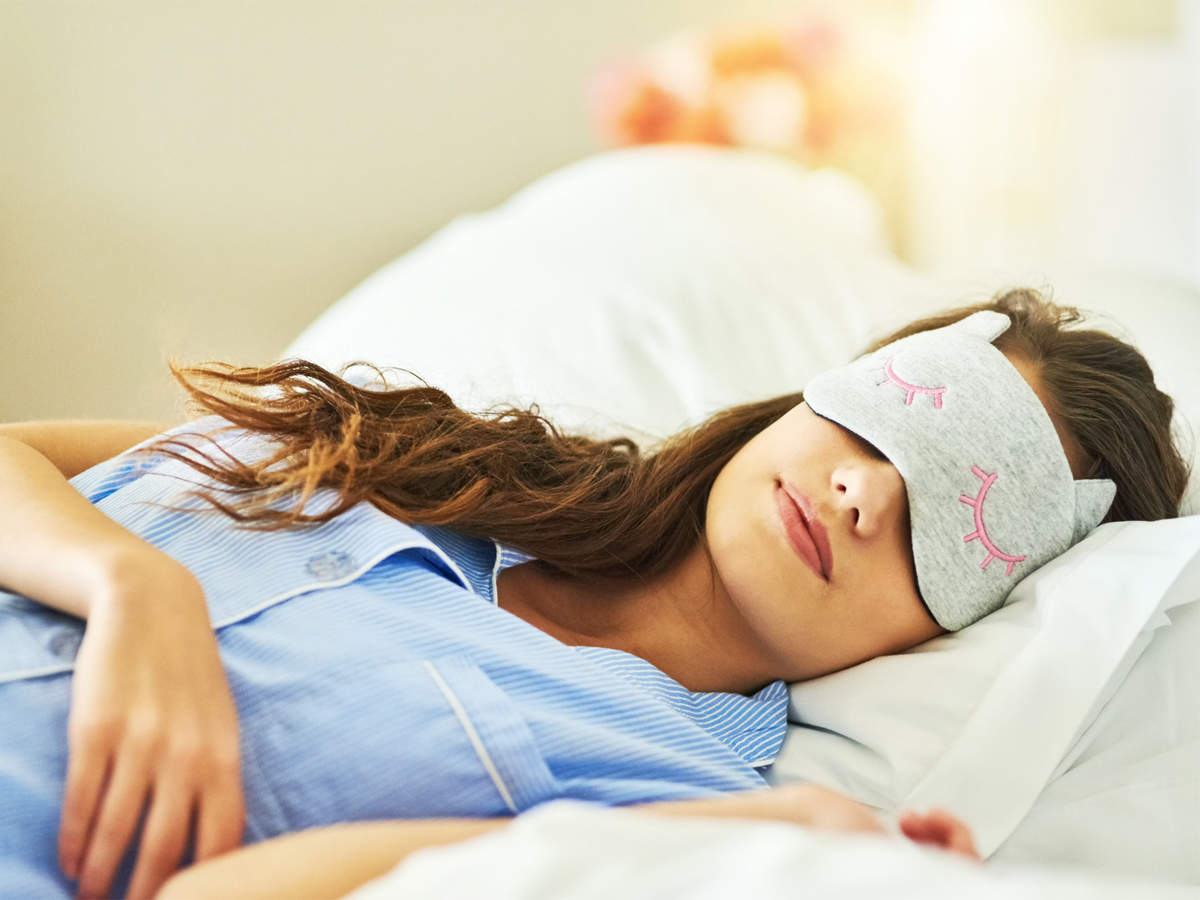
Sleep has so many benefits and misconceptions to abound; many people believe that it is impossible to catch up on sleep that you lost by sleeping another time. Well, contrary to this popular belief people can very well catch up on lost sleep by taking some time off their busy schedule to nap, more so in an Avocado Mattress. Some people also believe that they only need sleep for rest, the reason why they train themselves to sleep fewer hours and work more hours.
Well, the above can be very detrimental to one’s health as we will find out below. Sleep like any other activity has both a negative and positive impact on the human body, a lack of sleep could lead to death; however, no human being has ever died of staying awake. But on a research conducted on rat’s they all died after being deprived of sleep for 32 days.
Sleep makes you smarter
People who get enough sleep tend to perform better than individuals who are sleep deprived, therefore, by getting enough sleep people tend to be more alert, and can grasp a lot of what they are being taught. The above, therefore, means that one of the simplest ways to boost our memories is by getting enough sleep. Besides afternoon naps have been established to boost happiness, improve behavior as well as academic excellence.
Catnaps are, therefore, encouraged once in a while especially when you are on a break at work, or in the afternoon as it has been established to improve mood and encourage productivity.
Sleep helps improve memory
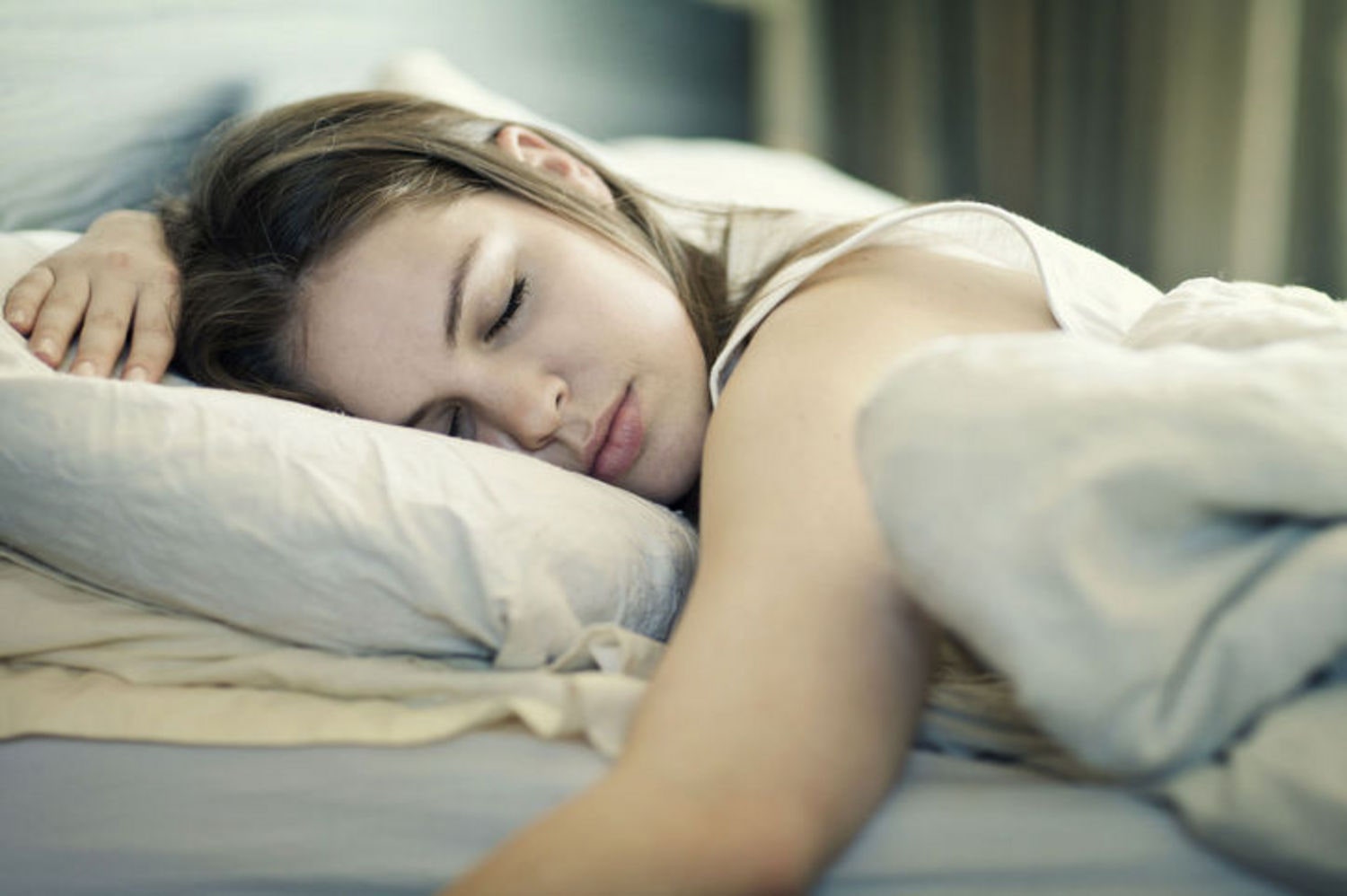
Napping is believed to trigger changes in the brain that help solidify memory; the above strengthens connections between the brain cells and aids in the transfer of information from one brain region to another. Besides, it is believed that people who sleep after learning new information they are better placed to retain information. So, while you sleep at night your brain is busy processing and making connections to the events of the day.
Important to note is that the more fulfilling your sleep time is, the easier it will be for you to retain information.
Sleep helps reduce stress
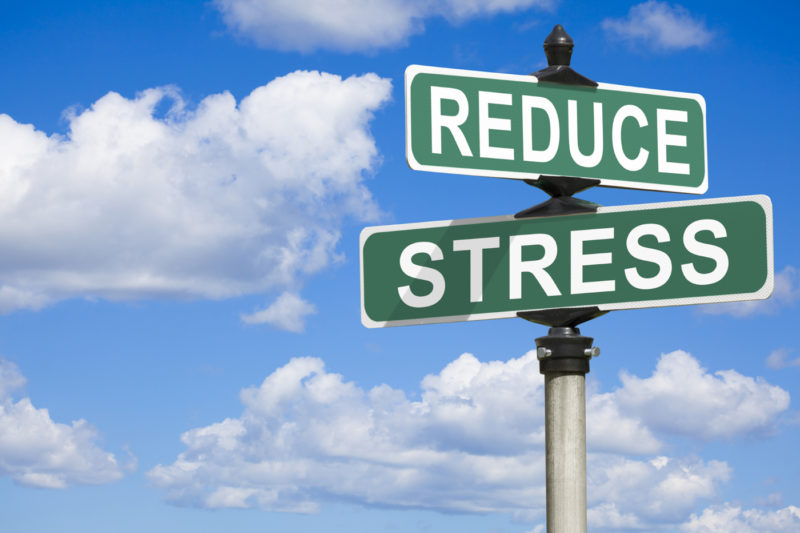
Sleep has also been determined to help control blood pressure, and reduce cholesterol levels, which plays a significant role in encouraging the development of heart disease. Many people think that sleeping for fewer hours has no effect on their overall well being; the thing here, however, is that the human body quickly goes into stress once it is sleep-deprived.
In which case the body functions are put on high alert, the above then causes a spike in blood pressure and an increase in the production of stress hormones. Remember that when your blood pressure is too high then you risk suffering from a heart attack and consequently stroke. Even worse is that with the release of stress hormones then, it becomes very hard for one to fall asleep.
Sleep helps in weight loss
Growth hormones are normally produced when one is sleeping, which in turn burns fat and in the process repairs and builds muscles while increasing strength and encouraging weight loss. People who are on the weight loss journey therefore, better watch their sleep patterns simply because the hormone that regulates appetite (ghrelin and leptin), get disrupted by poor sleep patterns.
And by consistently disrupting your sleep patterns and sleeping only for a few hours you will end up being obese or overweight.
Sleep helps reduce inflammation

Sleep, as we have established above, helps reduce stress levels, which is a known cause for chronic inflammation. The above, therefore, creates a path for the heart-related conditions to arise; including cancer and diabetes, and worse still is that the body deteriorates faster as we age. Thus taking some good time to sleep helps to protect the body from inflammation by avoiding pro-inflammatory cases that take place when one engages in poor sleep patterns.
With the above information in hand, it will be of help if we understood the various stages of sleep, and know-how best we can maximize our allocated sleeping times.
The wake stage (0)
Wake stages are two, the time before you sleep and after you have woken up, but it can also be stretched to include the brief moments that you get up in between sleep at night. Getting up in the middle of the night briefly and regaining your sleep is completely normal for older people and kids, who might be woken by dreams or nightmares.
The Light sleep stage (1 & 2)
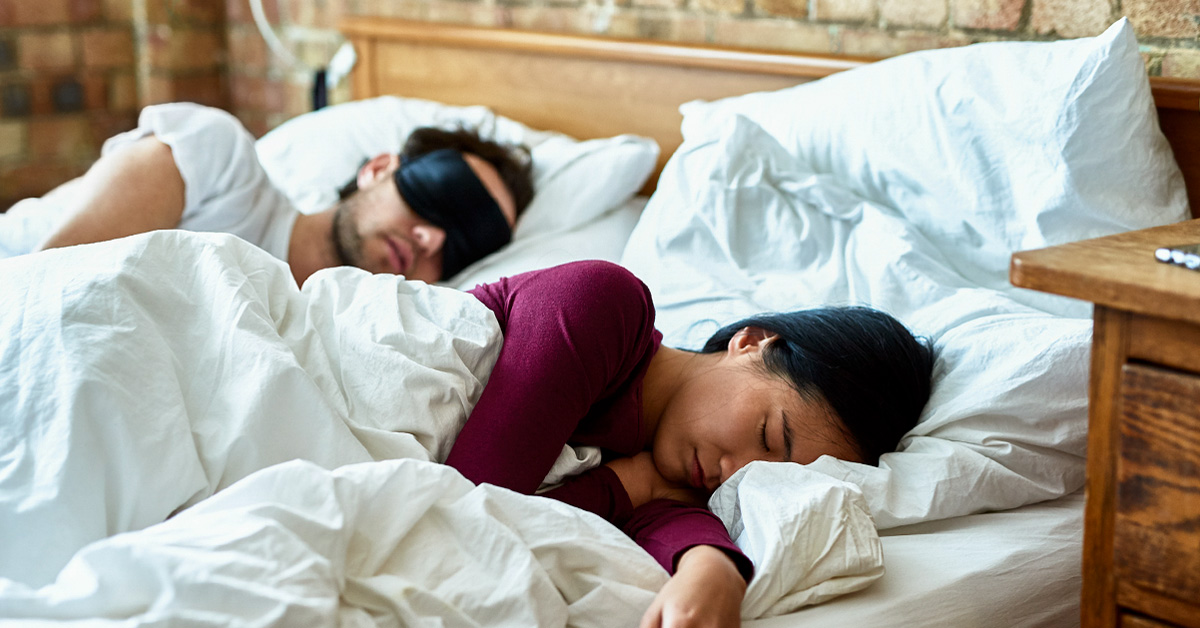
This is the exact stage that you transition into heavy sleep. It is at this stage that your muscles start to relax, your heart rate and breathing also go down, your body temperature may drop and consequently sleeping begins.
The Deep Sleep stage (3 & 4)
The deep sleep stage is where the restorative activities take place, at this stage, your body’s blood pressure will have dropped, but blood flow to the muscles will increase. The repair hormones are then released promoting muscle growth and repair, tissue growth also takes place at this precise time. It is also the period that if someone tries to wake you up, they will find a completely disoriented version of you.
The REM sleep stage (R)
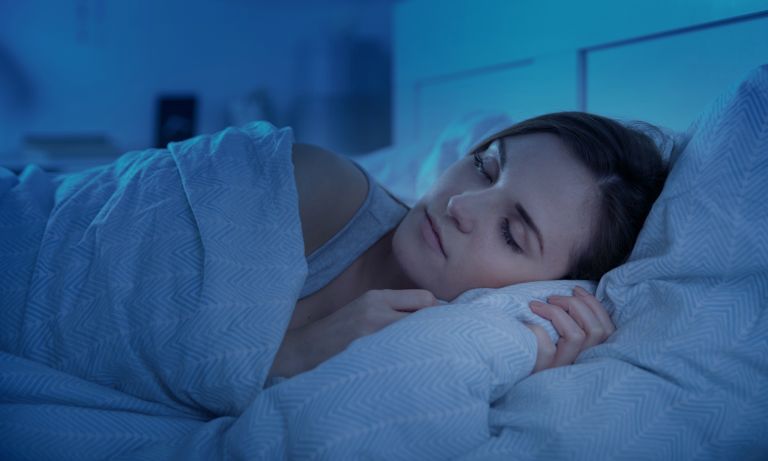
Also known as the Rapid Eye Movement stage, when you go to sleep, you will enter the REM stage at least 90 minutes after falling asleep, each of the REM stages lasts up to one hour, and this is the time of the night that the human brain also becomes very active; REM is, therefore, the period that you are active in dreamland, it is also at this time that memory consolidation takes place.
And the two major activities that take place in your body at this time are that your body is disabled thus you will be unable to act out your dreams; people also experience blood flow to their genitals. And given that adults encounter at least six REM cycles every night, the cycles tend to reduce with age.
Leave a Reply